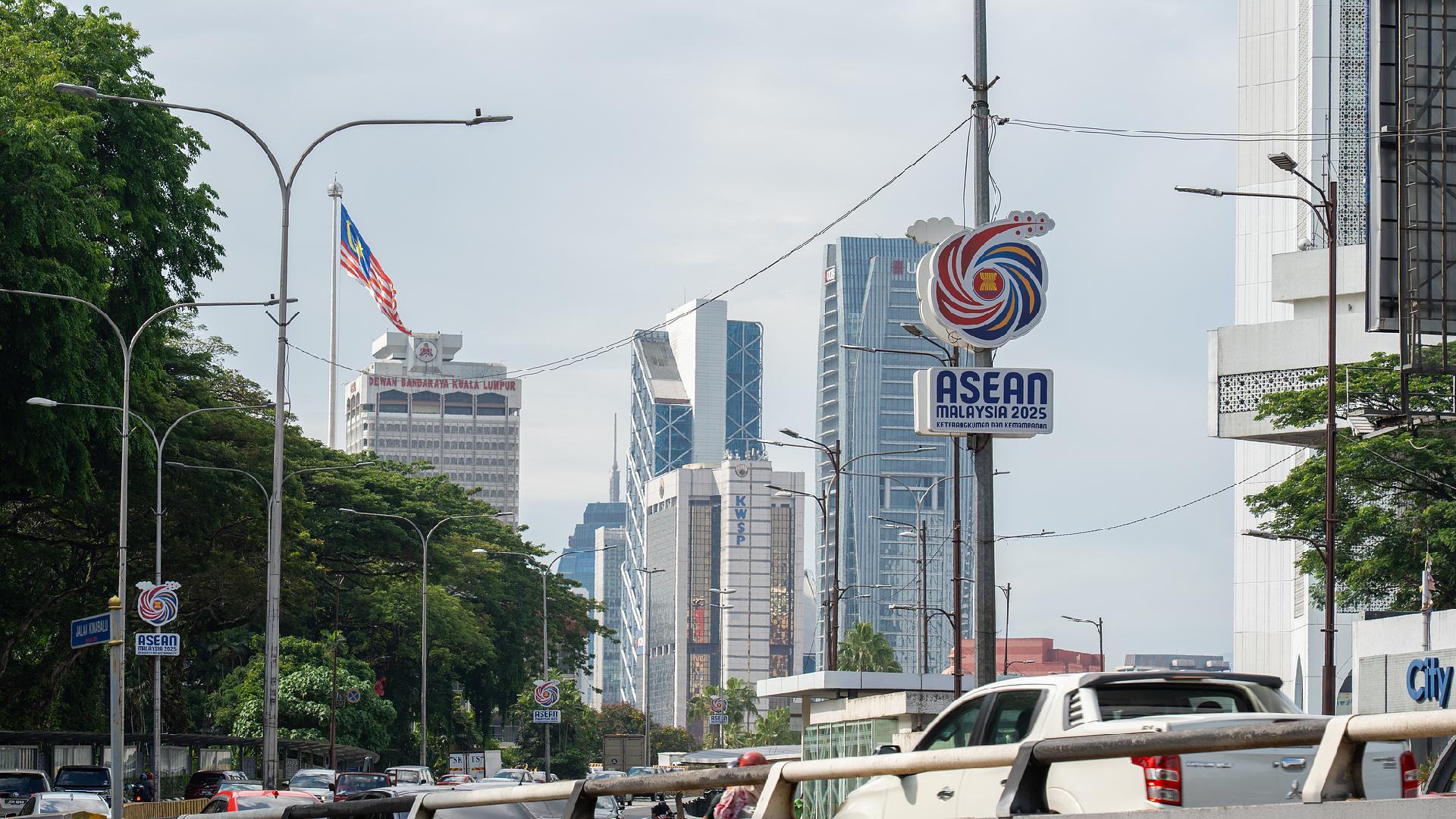Li Qiang's Keynote Address Highlights Strengthened ASEAN-China-GCC Economic Collaboration
Chinese Premier Li Qiang emphasizes strong economic cooperation at ASEAN-China-GCC Forum 2025 opening.

On Tuesday, Chinese Premier Li Qiang delivered an eagerly anticipated speech at the opening ceremony of the ASEAN-China-GCC (Gulf Cooperation Council) Economic Forum 2025, held in Kuala Lumpur, Malaysia. With leaders and business figures from across Asia and the Middle East in attendance, Premier Li called for closer collaboration among China, Southeast Asian, and Gulf nations to tackle pressing global challenges and unlock new economic opportunities.
Li Qiang emphasized that in a world marked by fundamental shifts in the political and economic order, cooperation has become both more urgent and essential. He stated, “Opportunities can be created if we join hands to meet the challenges,” referencing the value of strategic solidarity amid rising global tensions and protectionist trends. Highlighting decades of rapid economic development in Asia, Li noted that mutual trust, peace, and stability have been critical to the region’s prosperity, adding, “With solidarity and mutual trust, we can render each other strategic support and cultivate broader and more sustainable high-standard economic cooperation.”
Addressing the diverse strengths of the participating nations, Premier Li pointed out that the integration of their markets could form one of the world’s largest intra-regional marketplaces with powerful multiplier effects. “Our markets, when connected, will form one of the world's largest intra-regional markets and produce a multiplier effect,” he said, underlining the significant untapped potential for expanded trade and investment. Li also called attention to the varied resource endowments and industrial structures among China, ASEAN, and GCC countries, stressing that deeper cooperation would help maximize resource use and foster sustained development.
Reflecting on historical ties, Premier Li recounted how trade and people-to-people exchanges have connected China, Southeast Asia, and the Gulf region for over two millennia. He expressed confidence that this rich legacy now positions all sides for even greater success, remarking, “Together, we will find greater potential for development…a lot remains untapped.” The premier championed the idea of greater innovation collaboration, stating that such cooperation would create “more dynamic ecosystems of innovation,” helping all parties stand stronger in the global landscape.
Focusing on China's recent economic achievements, Premier Li shared that the nation has maintained steady growth, reporting a 5.4 percent year-on-year GDP increase in the first quarter of 2025. He cited burgeoning sectors such as high-tech manufacturing and green industries, with investments and outputs both rising sharply. To support this momentum, Li affirmed China’s commitment to proactive fiscal expenditure and accommodative monetary policy, reassuring attendees of the country’s resilience and adaptability in the face of external risks.
Looking ahead, Li reaffirmed China’s pursuit of a development model fueled increasingly by domestic demand and comprehensive reforms, while simultaneously pledging continued high-standard opening up to international partners. “We will stay committed to expanding high-standard opening up…and enable domestic and international circulations to reinforce each other, so that companies across the world…can fully share in the opportunity of China's development,” he announced.
Premier Li closed his address with a call to action: “Cooperation is the only right way to overcome common challenges.” He urged ASEAN and GCC countries to embrace greater openness, leverage their collective strengths, and work towards synergizing economic opportunities for shared prosperity. As trilateral dialogue deepens, this forum is poised to become a cornerstone of regional integration and growth in a rapidly changing global economy.




